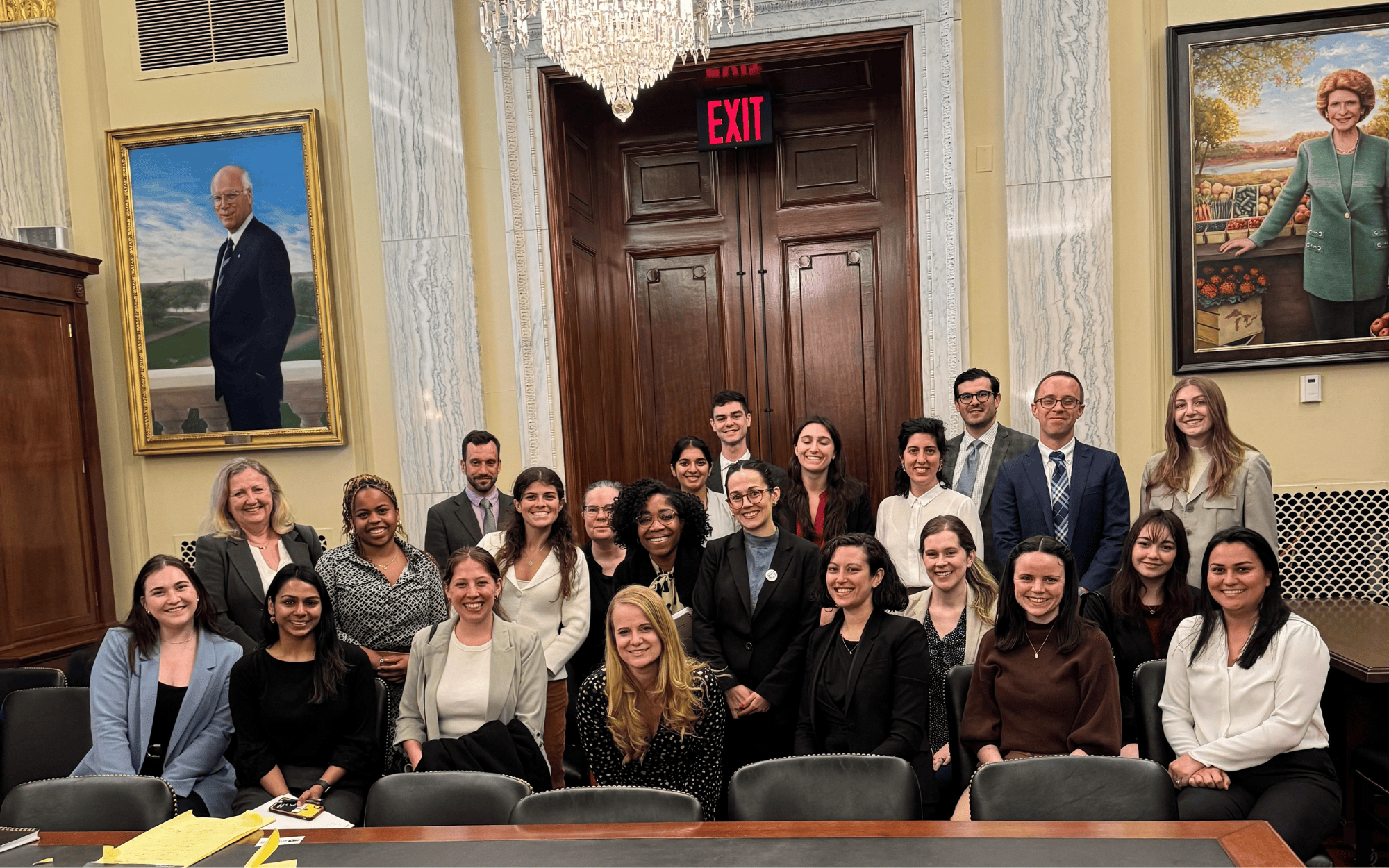Tackling today and working toward sustainable solutions to the issues of wasted food, food insecurity, and the climate emergency

At Spoonfuls, our focus is on food recovery: preventing wasted food and feeding people today – but we can’t stop there. In fact, while we’re working to meet an immediate need for fresh, healthy food, we’re also engaging in conversations, coalition-building, education, advocacy, and solution-finding around the issues at the heart of our work. We know it’s through efforts like these that, together with others who care about wasted food, food insecurity, and the climate emergency, we’ll make progress for the long term.
Learn more about just some of the places and spaces we show up (linked below) – and explore what these conveners and coalitions are doing to build a more just and sustainable food system and a healthy planet.
Spotlight on local:
- Boston Food Access Council (Steering Committee)
- City of Worcester Taskforce on Food Insecurity
- MetroWest Food Collaborative (Steering Committee)
“The collaboration of different stakeholders is vital to addressing issues like food insecurity because it allows space for diverse perspectives, knowledge, and expertise to be considered as solutions. By actively working with community members to identify more effective and sustainable solutions; farmers, community organizations, municipalities, educational institutions, and funders can increase food access, which benefits those eating the food and has a positive impact on our local food system.”
Kali Coughlan, Coordinator, MetroWest Food Collaborative
Spotlight on state:
- Make Hunger History Coalition (Strategy Group)
- Massachusetts Food System Collaborative – Food Waste Reduction Network
- Massachusetts Food System Collaborative – Campaign for Food Literacy
“By participating in the Food Waste Reduction Network and the Campaign for Food Literacy Coalition, Spoonfuls connects with other organizations across the state that have similar priorities and engage in advocating for policies and measures that support them. I think coalition work is so valuable because it provides dedicated time and space to build relationships, which helps to illuminate our shared goals and highlight opportunities to work more efficiently and collaboratively. Effective network and coalition building helps create systems change.
Emily Fidanza, Network Manager, Massachusetts Food System Collaborative
Spotlight on national:
Working together is the only way we are going to surmount the massive challenge of food waste. Being a part of the Zero Food Waste Coalition isn’t just about being a number: It’s about strength in unity, shared goals, and collective impact. Together, we amplify our influence and leverage our diverse expertise to tackle complex challenges that no single entity could address alone.
Having members, like Spoonfuls, brings essential on-the-ground experience to foster innovation and enrich our collective understanding of the issues at hand. By harnessing the wisdom and experience of all members, the Coalition can develop more comprehensive strategies, identify blind spots, and devise solutions that are both effective and inclusive.
Zero Food Waste Coalition